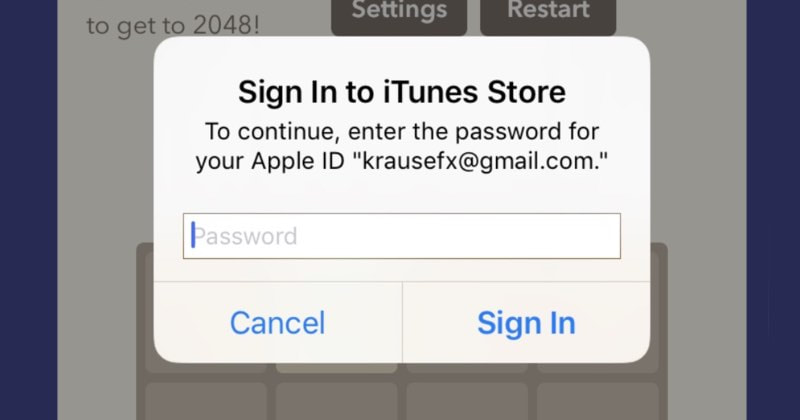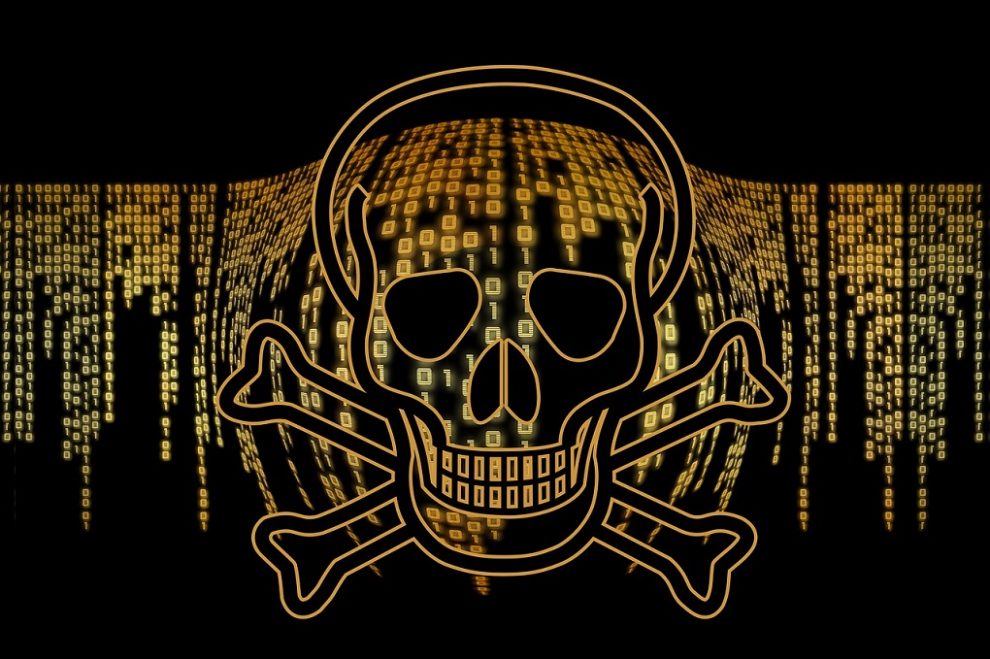|
It’s all too easy for a malicious app developer to determine a user’s Apple ID password – just by asking for it.
Developer Felix Krause warns users to be on their guard against password-stealing apps that dupe users into entering their sensitive passwords by using fake login dialogs disguised as legitimate requests from the underlying iOS operating system. The problem lies in the fact that with just a few lines of code, a third-party app developer can pop up a password prompt that looks identical to a legitimate one created by iOS. By Razvan Muresan on Aug 22, 2017 |
Some 90 percent of boards of directors in the US address cybersecurity as a serious risk management issue with severe reputation and financial consequences, while only 8 percent haven’t done it so far, according to a recent Bitdefender survey. Some 60 percent of IT security decision makers in the US say their companies could ‘definitely’ be a target of cyberespionage campaigns using advanced persistent threats (APTs), according to a recent survey by security firm Bitdefender. These complex cyber tools are crafted for high-profile entities and operate by silently gathering sensitive data over long periods. Another 35 percent of respondents say their IT infrastructure could ‘possibly’ be targeted in high-level cyberespionage actions that exfiltrate intelligence systematically. By Luana Pascu on Mar 24, 2017 |
In 2016, the number of ransomware attacks increased 300 percent from 2015, with over 4,000 attacks detected per day, according to US government statistics. Ransomware is among the worst types of infection, as it not only encrypts network data, but in the end may cost victims all their data – even if they pay the ransom. It should be a priority for all businesses and organizations in 2017. Ransomware is not limited to consumer networks; it’s one of the most sophisticated types of malware that targets all internet users, from private individuals to corporate networks to government agencies. Ransomware attacks on enterprises affect shareholders, employees and customers, and could lead to permanent damage caused by loss of confidential information, negative publicity and financial loss. Blackmailers have claimed another scalp, extorting US $28,000 from a school hit by a ransomware attack.
Los Angeles Community College District (LACDD) agreed to pay the hefty ransom demand to criminals who successfully infected the network of Los Angeles Valley College (LAVC) in a ransomware attack on December 30th, 2016. It’s always disappointing, of course, to hear that a ransomware attack has again resulted in a payout for criminals, but it’s understandable how some organisations might have to make a difficult pragmatic decision if it has few other options open to it. Recent predictions about the massive growth of ransomware attacks seem to be materializing, with another major breach. This one, on Dec. 27, led to the compromise of some 1.5 million user records, according to LeakedSource.
E-Sports Network ESEA, a platform for video game tournaments, did not detect the hack, but was informed by hackers who asked for $100,000 to not leak or sell the data on the black market. The company exchanged emails with the hackers, asked the FBI for help and started informing customers about the hack. |
Protect from RansomwareBuy Bitdefender now RECOMMENDED READINGs
All
|
For BUSINESS: Gravityzone Advanced Business Security
We are a certified Sales Partner (more than 8 years), not principal
Copyright © 2024 We are a Gold Partner of Bitdefender.
Website managed by 57Network.com




 RSS Feed
RSS Feed
